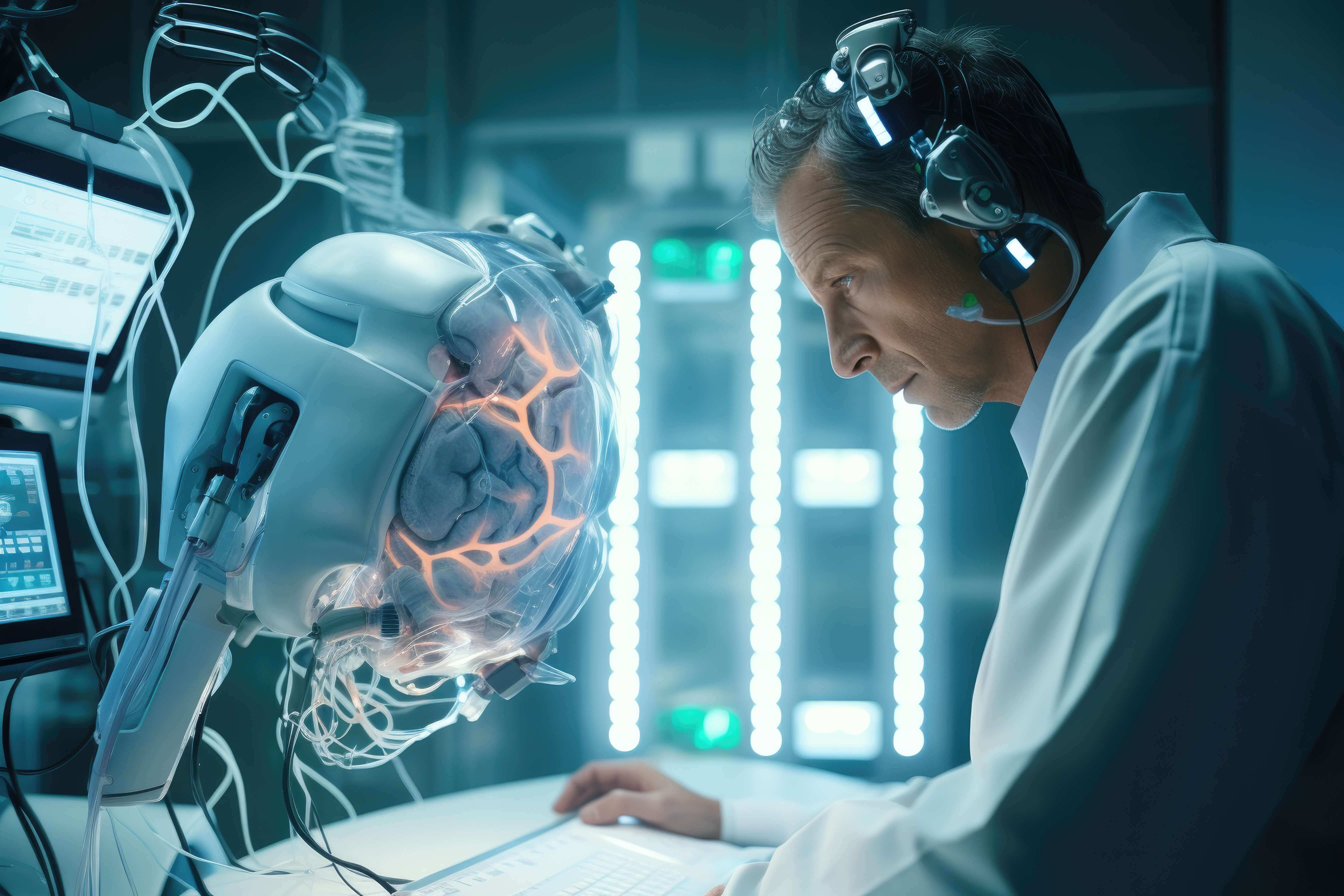AI is playing an increasingly central role in healthcare, and 2025 is set to be a breakthrough year for diagnostics. From medical imaging to early disease detection, AI models are proving to be faster, more accurate, and cost-effective than traditional systems.
For example, radiology teams are now using AI to detect anomalies in x-rays, CT scans, and MRIs with precision — reducing human error and speeding up results.
Predictive models trained on patient data can now forecast chronic illnesses months in advance, giving doctors time to act.
This is not just tech hype. Real clinical trials in Europe and the U.S. are validating the use of AI tools in pathology, oncology, and even mental health. AI is no longer a side tool — it’s part of the core care workflow.

